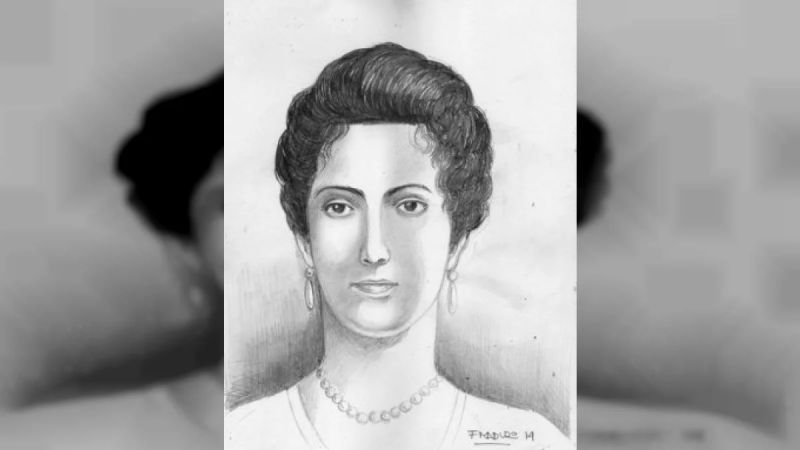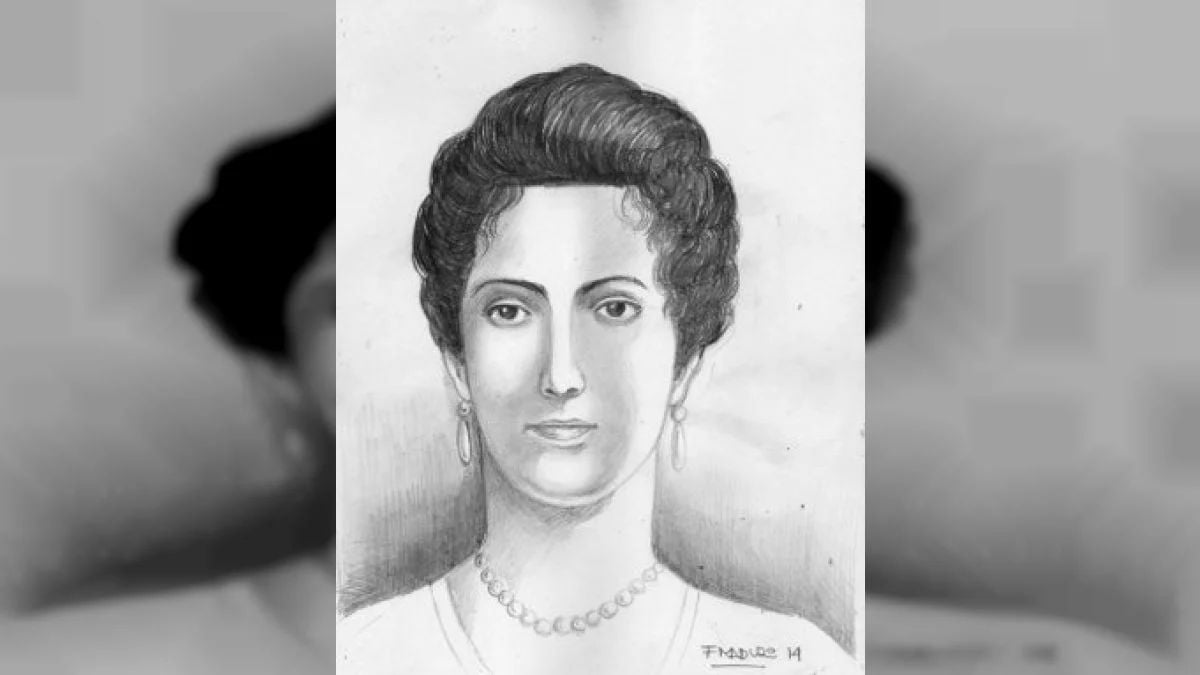Luisa Cáceres de Arismendi: Example of dignity and loyalty to the Fatherland (+Christmas)


Internet

Published at: 25/09/2024 08:03 AM
On September 25, 1799, the heroine Luisa Cáceres de Arismendi was born in Caracas.
He was part of the families that migrated to the East when José Tomás Boves advanced over Caracas, and he married the hero Juan Bautista Arismendi in Margarita when he was fifteen years old. She was arrested in retaliation for her husband's resistance to Spanish rule.
This woman's sacrifices were terrible, but greater was her loyalty to her husband and to the Fatherland. One of his brothers, Félix Cáceres, was taken prisoner and executed. In September 1815, Spanish authorities ordered the capture of Arismendi, who escaped and hid in the mountains of Cerro Copey, Nueva Esparta.
Luisa Cáceres, who was pregnant, is taken hostage to subdue her husband.
Later, she was transferred to the fort of Pampatar, where she stayed for a few days, before being sent to the prison of La Guaira, Vargas and finally to the convent of the Immaculate Conception in Caracas, where she entered as a prisoner on March 22, 1816. Sent to Cádiz, Spain refused to sign a document stating her loyalty to the King of Spain and denying her husband's patriotic affiliation. She answered that her husband's duty was to serve the country and to fight for its liberation.
After the liberation, he resided in Caracas until the day of his death. His remains were transferred to the National Pantheon in 1876.
Mazo News Team